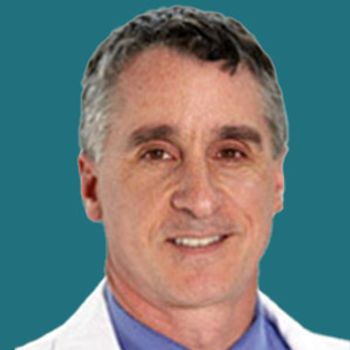
David Porter, MD, the director of cell therapy and transplant at Penn Medicine, also summed up his main message regarding the current state of the field in general.

David Porter, MD, the director of cell therapy and transplant at Penn Medicine, also summed up his main message regarding the current state of the field in general.

Review top news and interview highlights from the week ending January 24, 2025.
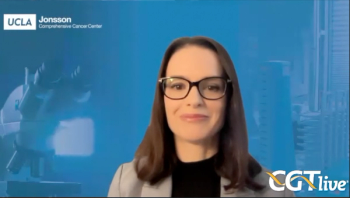
The medical director of the Immune Effector Cell Therapy Program at UCLA discussed initial data from a phase 1/2 trial.
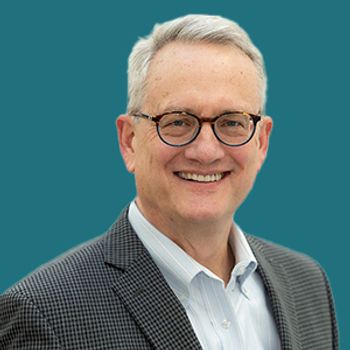
The company stated it expects to submit a BLA to the FDA next year.
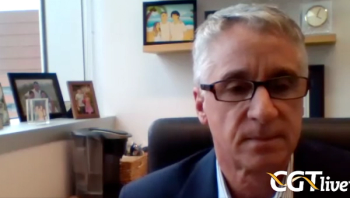
The director of cell therapy and transplant at Penn Medicine also summed up his main message regarding the current state of the field in general.

Catch up on the latest news, breakthroughs, and announcements from biotechnology companies making advancements in cell and gene therapies.
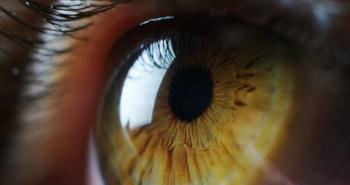
At 12 months of follow-up, there were no dose-limiting toxicities and no severe adverse events related to the treatment reported.

David Porter, MD, the director of cell therapy and transplant at Penn Medicine, discussed progress made and experienced gained for the field of cell therapy in autoimmune disease in 2024.

SGT-212, a dual route gene transfer therapy, is intended to be delivered both by intradentate nucleus infusion and IV infusion at the same time.
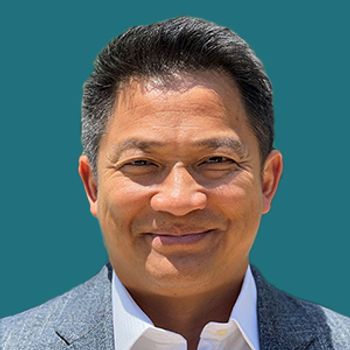
The holds are related to a GMP compliance issue at a third-party manufacturing facility.
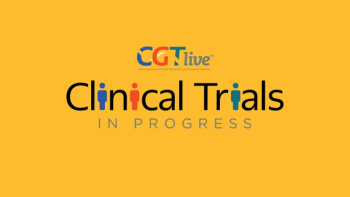
CGTLive® took a closer look at the first-in-human clinical trial for the next-generation gene therapy.
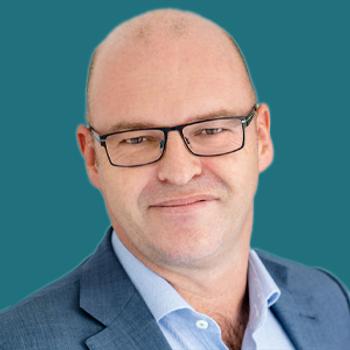
Georg Schett, MD, vice president research and chair of internal medicine at the University of Erlangen – Nuremberg, discussed potential upcoming innovations in the field.

Review top news and interview highlights from the week ending January 17, 2025.
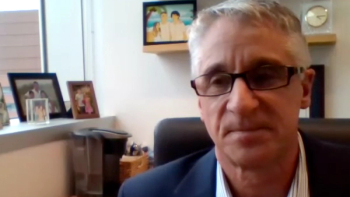
The director of cell therapy and transplant at Penn Medicine discussed progress made and experienced gained for the field of cell therapy for autoimmune disease in 2024.

The CGTLive® team highlights 5 therapeutics with PDUFA dates or other FDA actions likely in 2025.

The CRL was related inspection of a third-party manufacturer rather than any efficacy or safety concerns regarding the product itself.

Manali Kamdar, MD, the associate professor of medicine–hematology and clinical director of lymphoma services at the University of Colorado, discussed the importance of referring patients with r/r LBCL who are transplant ineligible for CAR-T treatment.

Catch up on the latest news, breakthroughs, and announcements from biotechnology companies making advancements in cell and gene therapies.

Manali Kamdar, MD, the associate professor of medicine–hematology and clinical director of lymphoma services at the University of Colorado, discussed the choice between treating patients with liso-cel or bispecific T-cell engagers.
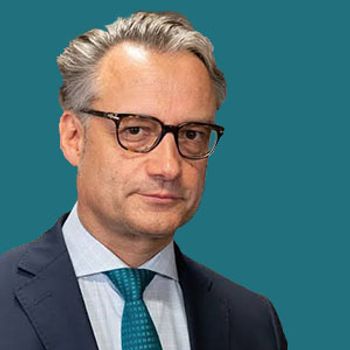
In addition to the new designation, ViGeneron also announced that the data safety monitoring board for the trial has given the green light for dose escalation.
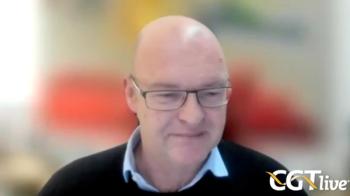
The vice president research and chair of internal medicine at the University of Erlangen – Nuremberg discussed potential upcoming innovations in the field.
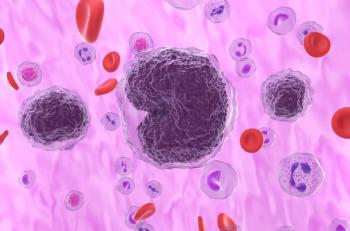
The multicenter trial is open to patients with forms of r/r B-NHL including DLBCL, FL, MCL, and MZL.
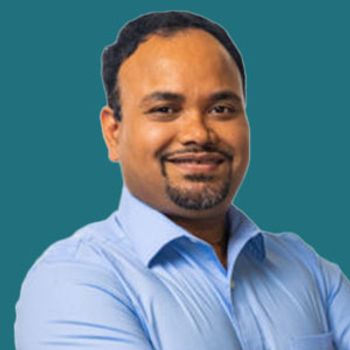
Among 9 patients treated in the study who were evaluable at 2 years posttreatment, all 9 showed improved or preserved visual function in comparison to their untreated fellow eyes.
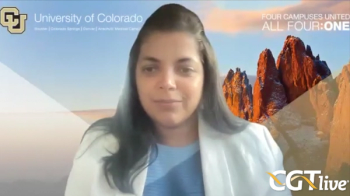
The clinical director of lymphoma services at the University of Colorado discussed the importance of referring patients with r/r LBCL who are transplant ineligible for CAR-T treatment.
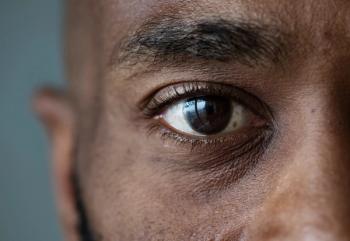
The company’s phase 1/2 LIGHTHOUSE clinical trial for ATSN-201 has moved onto its Part B.

Review top news and interview highlights from the week ending January 10, 2025.
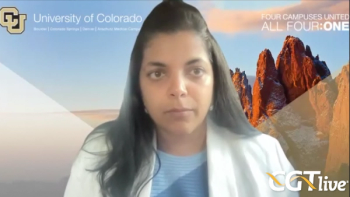
The clinical director of lymphoma services at the University of Colorado discussed the choice between treating patients with liso-cel or bispecific T-cell engagers.
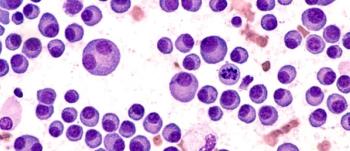
According to EsoBiotec, this is the first time a patient has been treated with an in vivo BCMA-directed CAR-T therapy in a clinical trial.
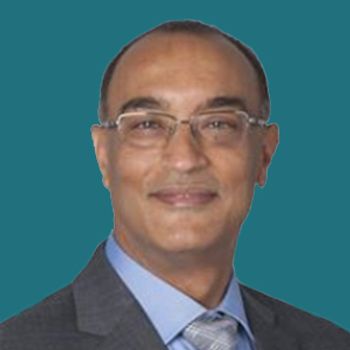
The data comes from 3 patients treated at the trial’s low dose.

Catch up on the latest news, breakthroughs, and announcements from biotechnology companies making advancements in cell and gene therapies.